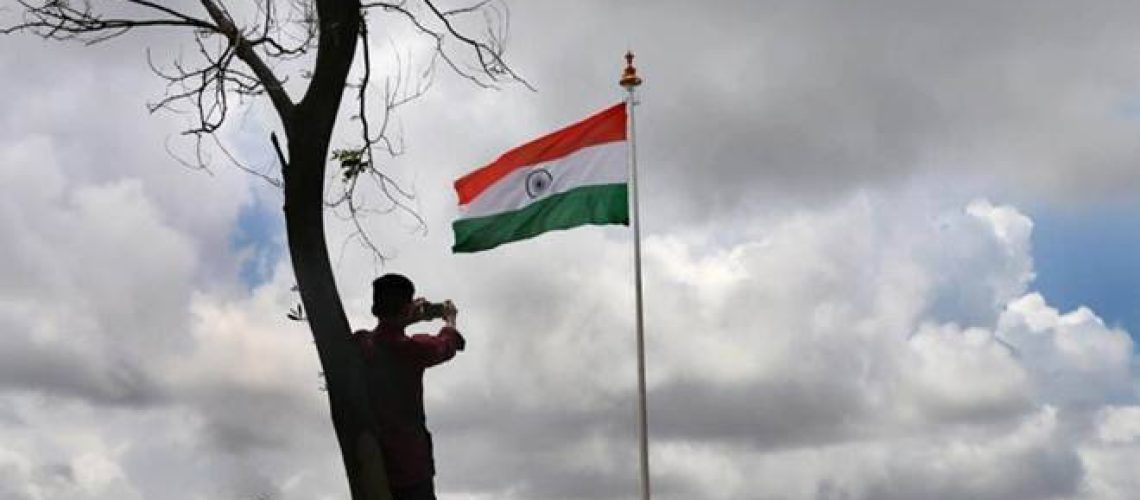In its strive to develop, India was strategically carrying along its narrative industry. The industry was strategically carried along to diffuse the friction inherent in behavioral change from individualistic and atomistic thinking to that of collective one and social cohesion.
Like Nigeria, India was more divided along religious and tribal inclinations. The Indian population was more complex and difficult to manage than that of Nigeria. Geographic differences were more varied than those obtainable in Nigeria. India was once a Dhaku country were bandits raided towns, confiscated their wealth and women. The Indian Dhaku lords just like the current Nigerian bandits’ commanders were in unison in their habit of philandering people’s collective assets and wellbeing.
However, the difference between Indian approach to successful fighting their Dhaku and Nigerian meandering fight against insurgency and banditry is on the soft fight of narrative construction against an evil that sought and is seeking for the annihilation of whole humanity.
In India of yesteryears, their media industry and film industry were united in forming a united front against the Dhaku. In melodramatic releases, the Bollywood industry was strategically incorporated into the fight against organized crime, racketeering and banditry. In many of the then Indian films, the plotlines were ashtetically drawn to show that no matter how crude the and powerful the Dhakus were, the government and even societal collective will was enough to beat them into retreat.
The Indian narrative industry was never amplifying discordant tunes that divided the Indian society along primordial and primitive nuances of tribal cum religious differences. The industry was resolute in its quest to promote the common good that was inherent in collectively fighting and defeating a common enemy.
Now, fast forward to our Nigeria. For long, our coercive apparatuses didn’t seem it necessary to cover their media flanks in their fight against Boko Haram. For almost half of a decade, the Nigerian media was reporting the war through the frames set by Boko Haram. For years, the media was reporting about the successes of Boko Haram as if the insurgents were forcing our media to report the war as Boko Haram wanted it.
What more, while the insurgents were killing you and I, both of us were not blaming them for killing us. Rather, we were engaged in finding the reasons of the killings within you and I. We spent thousands of man hours writing about why Audu was killing Emeka and how John, Emeka’s kith should get up and avenge Emeka’s killing. All that while, our film industry were busy promoting diabolical means of getting rich quick (Nollywood) and unnecessary teen love and borrowed dance steps (Kannywood).
Indeed, while India was successful in harnessing its human capital through purposeful collectivisation of narratives across myriads of differences, Nigeria still think it can develop and fight insurgency with divided population. In India, the seriousness given to armaments and professionalisation of its coercive apparatuses was same seriousness given to the subtle apparatuses of film, mass media and other agents of ideological sustainment.
India defeated Dhaku culture not only through physical fights but also through ideological ones. Nigeria can learn from India not only through sending our soldiers there but also through imbibing their use of subtle power of Communication to counteract agents of disunity. We can do it now: we can have a strategically holistic approach to fighting organized crime through strategic collectivisation of our narratives.

